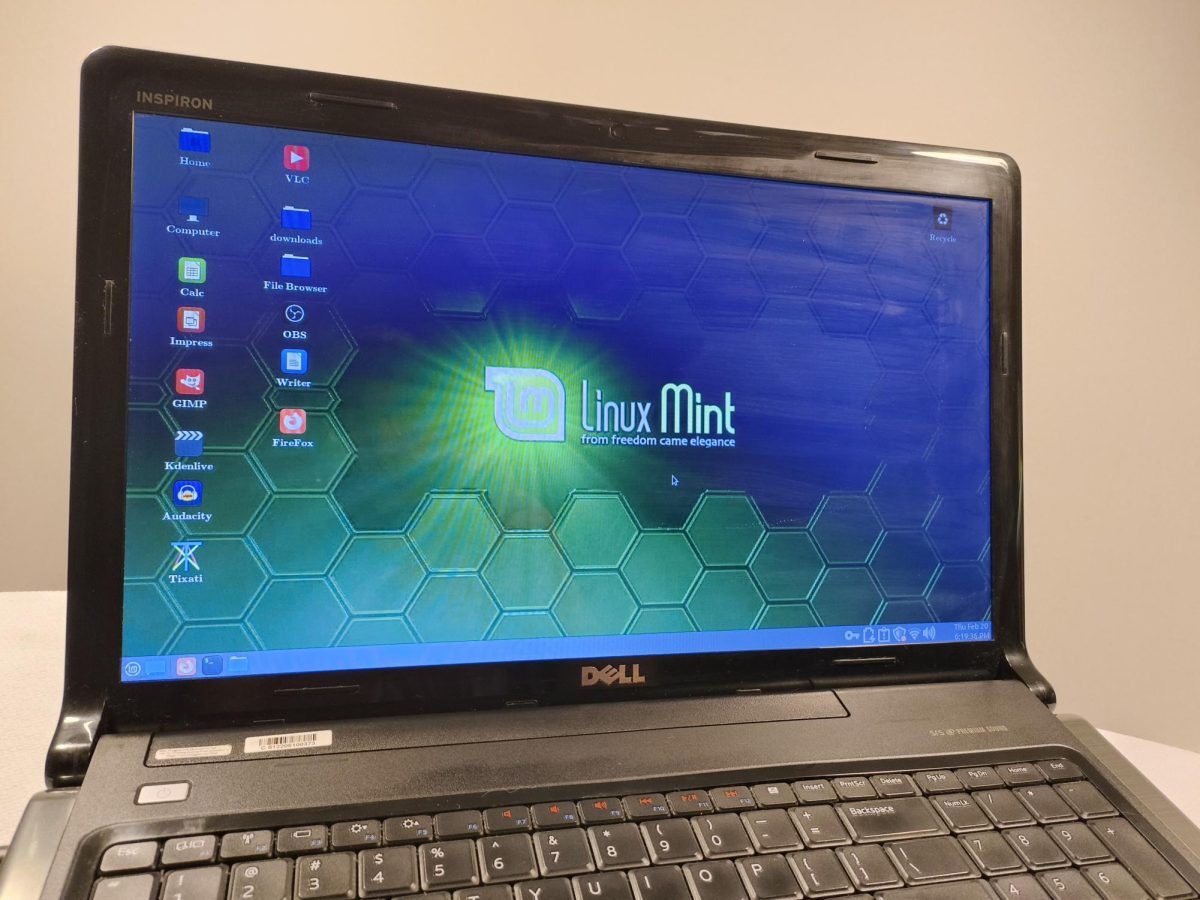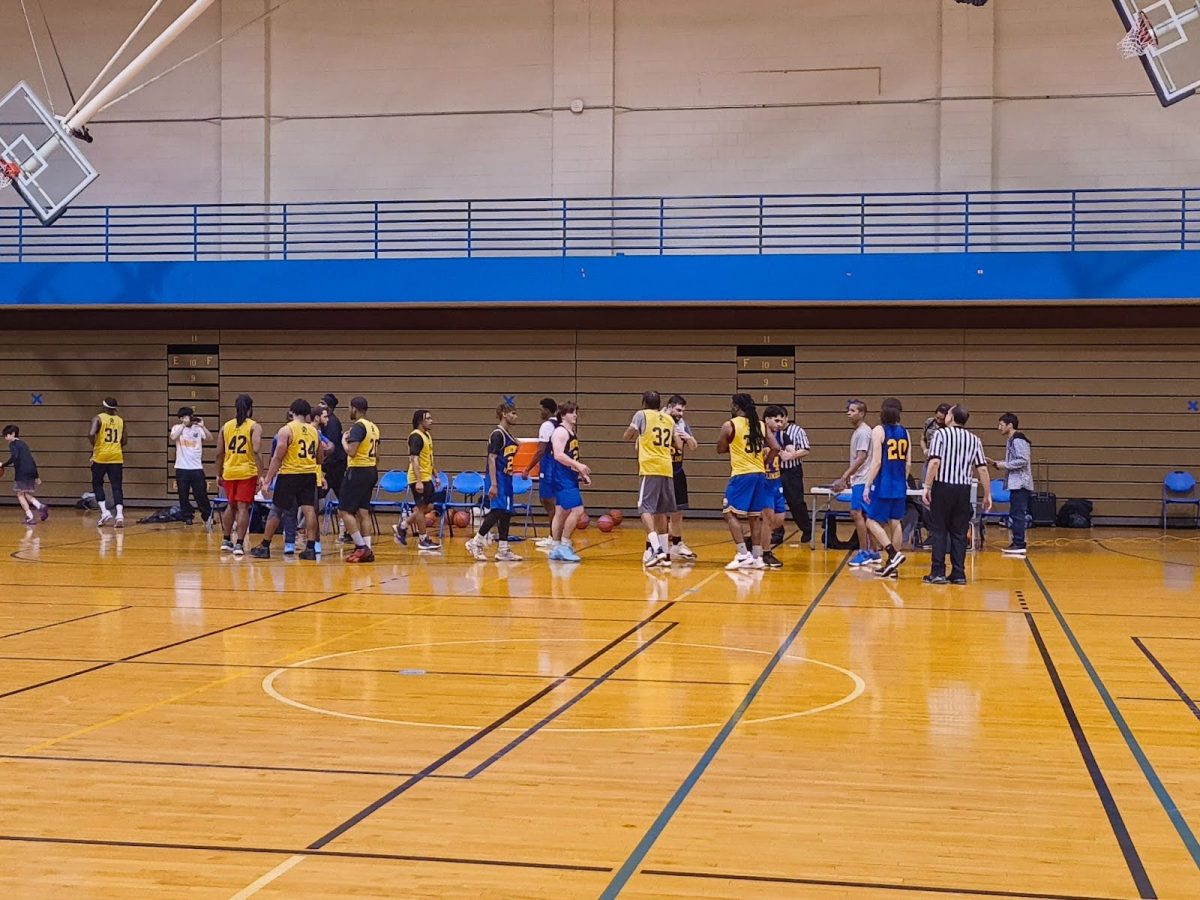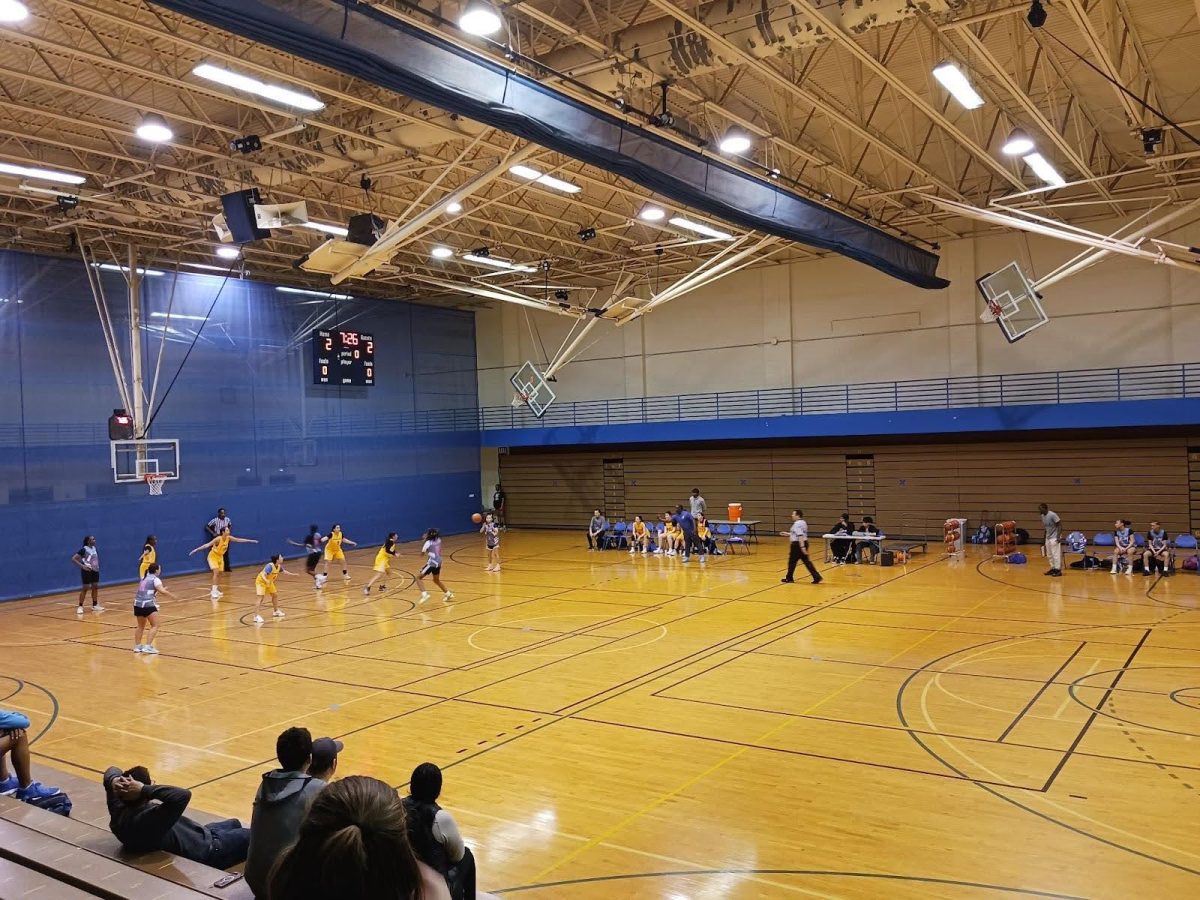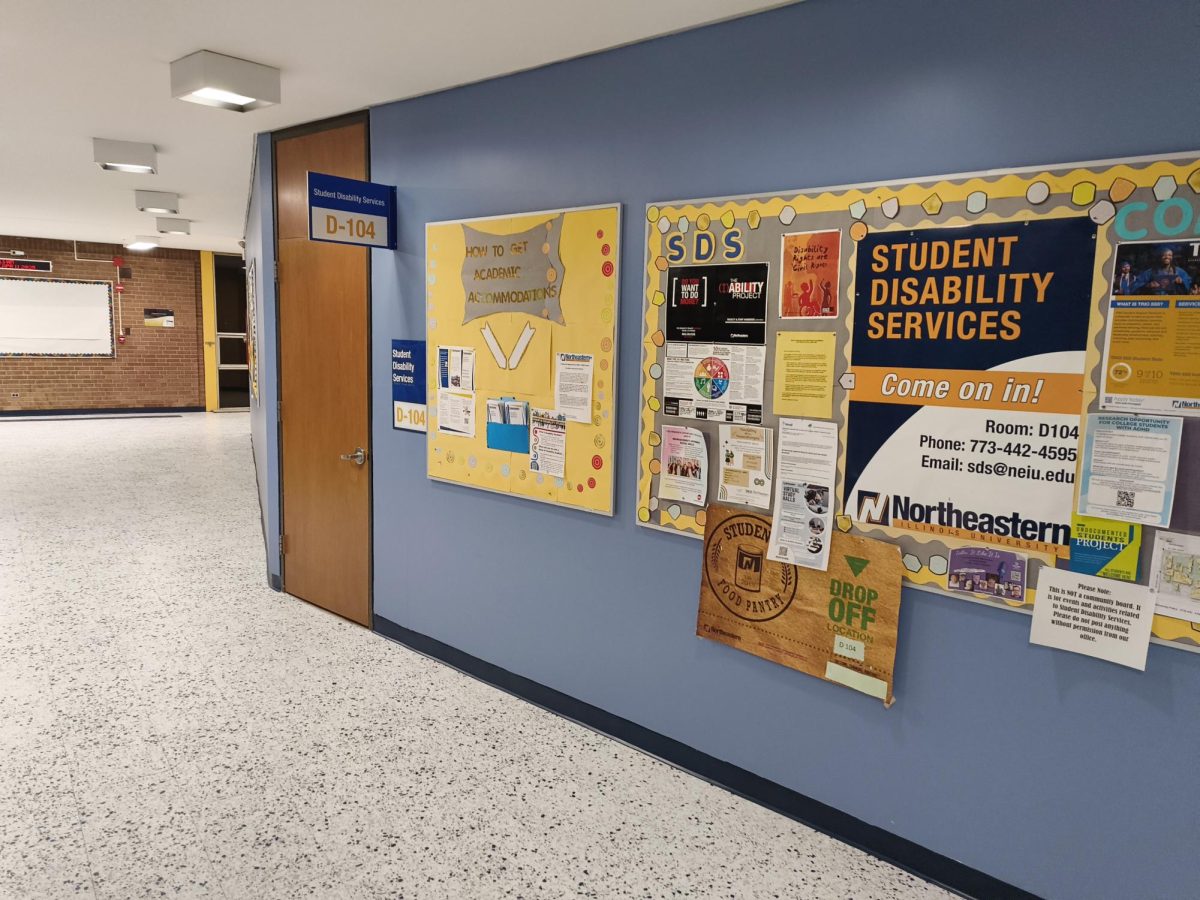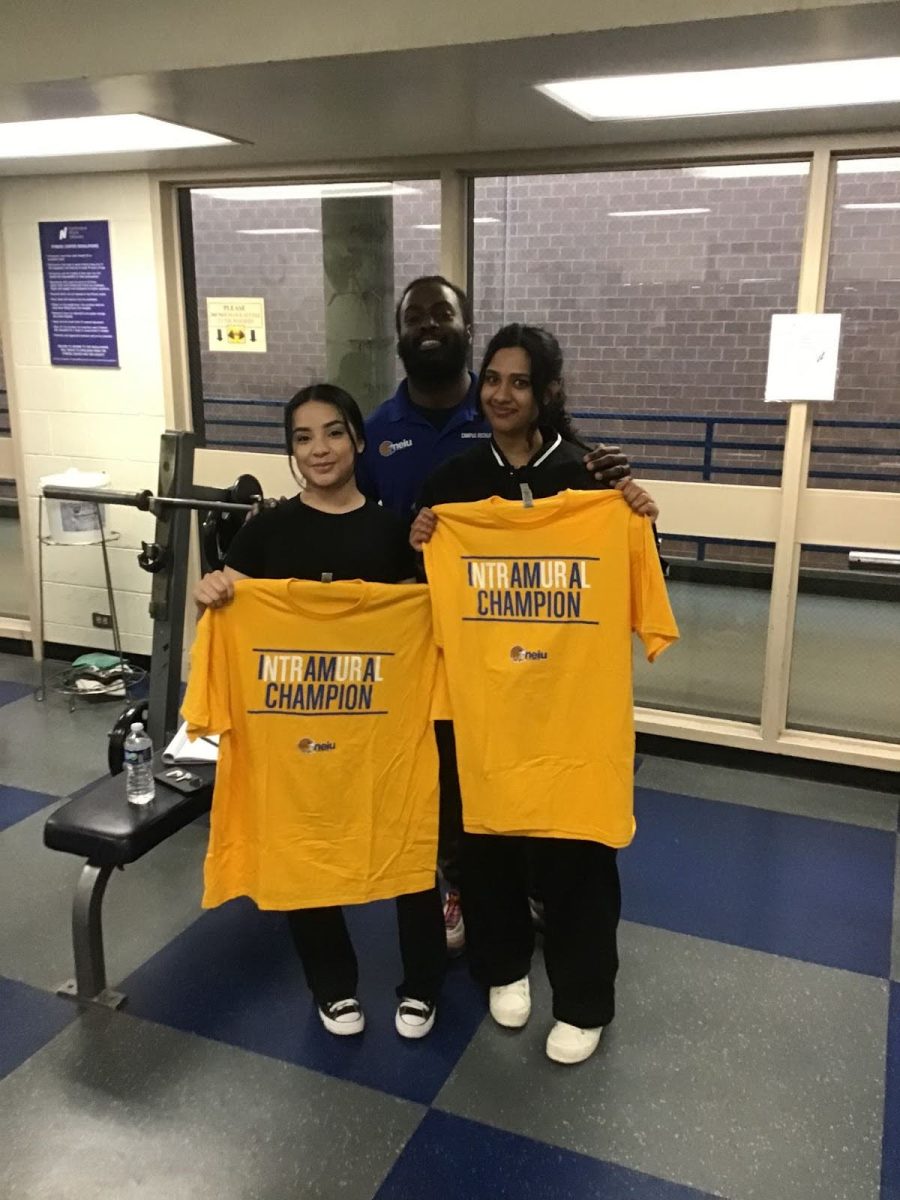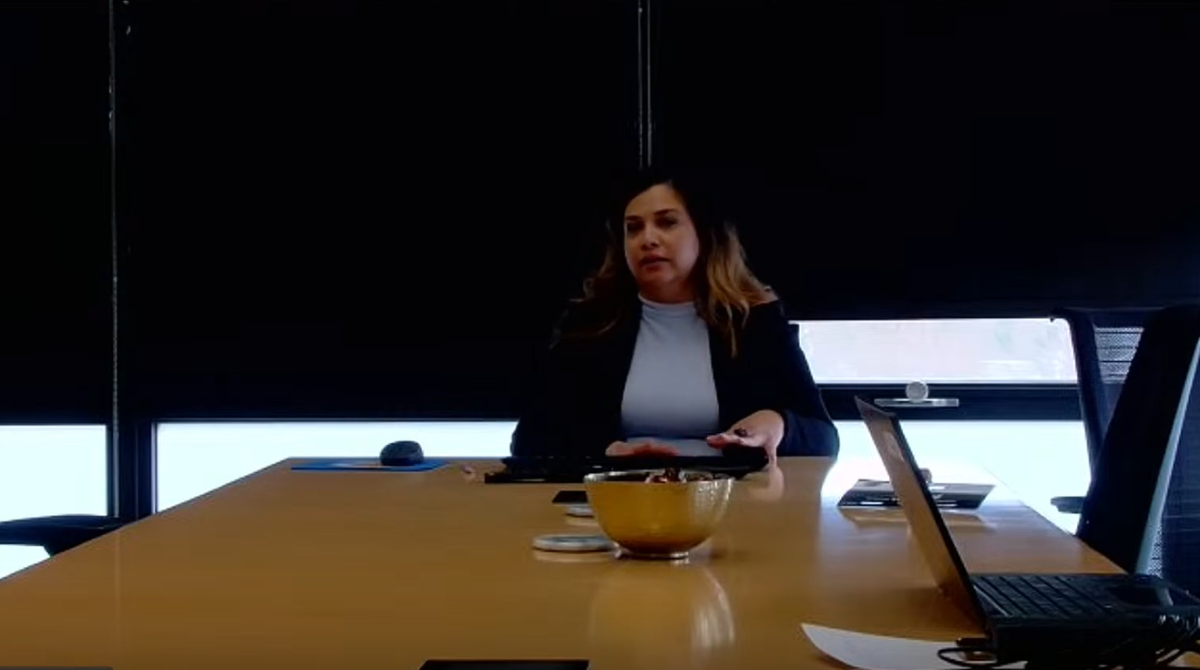As of 2025, NEIU’s library and computer labs contain desktops running Windows 10, with some machines running Windows 11. According to Microsoft’s website, Windows 10 is reaching its end-of-life date on Oct. 14. This poses a problem because these machines will be outdated and more susceptible to viruses, trojans and spyware.
Linux provides a low-cost and extremely secure alternative for students. Linux is an open source and free operating system that serves as an interface between applications and hardware, much like Mac OS and Windows. Unlike Windows and Mac OS, Linux has no licensing fees, and anybody with coding experience could view the source code, create their own version of Linux to the specifications that they desire, and share the source code with other people. In other words, Linux is a community-oriented operating system.
On one hand, the principle reason that Linux is more secure than Mac OS and Windows is that more eyes have access to the source code and thereby vulnerabilities can be discovered and reported by anybody. On the other hand, Mac OS and Windows source code is only viewable by individuals who work at Apple Inc. or Microsoft Corporation, respectively.
“I deal with the public, so like how to print [and] how I do things in NEIUport,” Jesse Franco, I.T. Associate said. “My coworker Zane [Whittaker] deals with the actual infrastructure of the library, so the cabling [and] the actual hardware.” When it comes to students, faculty and staff, “I’m the go-to guy for a number of things like D2L [and] how do I turn a Word document into a PDF,” Franco said.
When asked about the limitations of information technology within the library, Franco immediately said, “Time and money.”
“We are a state school, so the state is always looking for ways to save on money,” Franco elaborated.
Installing Linux solves the “time and money” dilemma that Franco speaks of. It saves money because the software costs nothing to NEIU or to the state of Illinois. It saves time because it installs very quickly, and University Technology Services (UTS) only needs to copy a configuration file from one computer to all the others to ensure consistency across desktop and laptop machines for students.
When asked about the possibility of having a Linux lab at NEIU in the future, Franco was delighted by the thought, “If someone can help me run it, yeah I don’t see why not.” There are some students who desire to use Linux instead of Windows. “In fact, someone actually came in here with one of the long-term loans, and they converted the laptop into a Linux machine,” Franco said. This particular student installed Kali Linux, which is just one of the hundreds of distros of Linux.
“I know Kali’s pretty solid,” Franco said. “I wouldn’t mind having a Linux lab here just to do networking, do some server side, practice for the computer science students, and just pretty much anyone that wants to learn how to use it.”
Unfortunately, there are administrative policies in place, so a Linux lab or a fleet of Linux laptops is not that simple to implement for Franco or anyone on his team. “We’re a Dell school, and a Windows school and a Google school,” Franco said. “Basically we can only do either Windows or Chrome OS as of right now.”
“Believe it or not, a lot of computer science students have been asking me ‘how come we don’t use Linux?’” Franco said. Franco elaborated by saying how Linux is an operating system that always gets updated and is very secure, minimalistic, open and free. “I think one of the packages you have to pay for is a network testing suite [which] is like five bucks or something like that,” Franco said. Thus, Linux is one of the cheapest options available, primarily because there are no licensing fees, and it runs great on old, seemingly outdated and legacy hardware.
In order to implement Linux, “it will have to go through the Dean of the Libraries, if we get funding,” Franco said. “It would have to go through probably the Dean of Students, [and] University Technology Services.”
When asked about the option of using Chromebooks as another operating system, Franco stated that the library does not have any on campus. Franco explained how, on the low-end, Chromebooks cost $150 to $200. On the high-end, it is buying a laptop for around $500 or $600. However, the spectrum of Chromebooks is not really advantageous because “Chromebooks get old really really fast, so I usually don’t recommend people buying a Chromebook unless you can dual boot it,” Franco said. Thus, Linux is very different from a Chromebook because a five-year-old laptop can easily run a modern-day Linux installation.
It may seem that there are several hoops to jump through to get a Linux lab on campus or a fleet of Linux laptops to rent out to students. Some of these barriers include administrative policies and authorities such as the Dean of the Libraries, the Dean of Students and UTS.
“As a standard, we do not provide Linux machines to end users. For security reasons and as you may be aware of, increasing cyber threats against organizations, the types of IT assets or environment we operate is confidential and for internal use only. We do not make this information public,” UTS told the Independent.
If all of these obstacles are overcome, students will be able to learn a new operating system, learn new software skills, and put those skills on their resumes, which will undoubtedly make NEIU students more tech-savvy than ever before.



